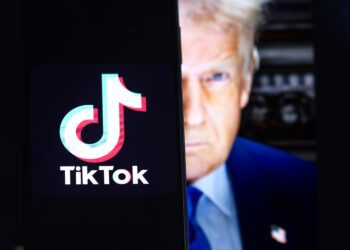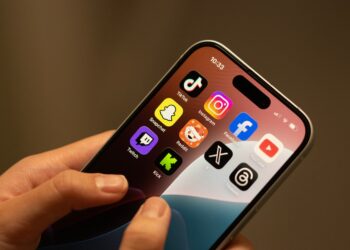It’s difficult to find an article about the media and entertainment industry’s future without an alarmist statement of how AI will change everything. Each headline brings fresh evidence of the AI flood: Amazon now limits the daily number of Kindle publications, music streaming platforms face an unprecedented number of fully AI-generated uploads, and social media offers avatar influencers.
But before we abandon creativity to serve our robot producer overlords, let’s remember that computer-generated images (CGI) “changed everything” for films, digital audio workstations “changed everything” in music production, and e-books “changed everything” for publishing. We won’t even start on what the Internet did.
Despite the revolutionary changes wrought by new tools—and that’s exactly what AI is, a tool—a lot hasn’t changed in media and entertainment since (probably) the printing press. Success still requires producing great content at acompetitive cost, effectively engaging your audience so they consume that content, and monetizing that engagement (because this is business, kids).
None of those success factors will be diminished in the industry’s new “Flooded Era” (see Figure 1), but how media and entertainment companies achieve them needs a rethink. AI will accelerate a change we’re already seeing from democratized media platforms: There’s more content coming from more places, and both media and tech companies are vying to be the gatekeeper.
Here’s how each of those media success factors will evolve in the Flooded Era, starting with the one we’ve recently seen undergo a dramatic transformation: audience engagement.
Engage your audience: Media is everywhere
We used to have lives outside of media. We hear some people still do, but you wouldn’t know it from Bain’s latest Media Consumption Survey: More than three-quarters of US respondents use social media, nearly half of US gamers socialize in-game while they play, and just under two-thirds of US live-event attendees post about it online.
Media is not only social but also participative. We’re increasingly becoming media, with about one-third of US consumers creating content that goes beyond posting personal photos or comments online. That number rises to nearly 60% among those younger than 18, according to our survey.
That might sound good for media, but we multitask constantly across our ever-present entertainment. Nearly 80% of US respondents consume multiple media formats simultaneously—for example, scrolling social media while streaming video—our survey found (see Figure 3). Apart from books, which most readers fully focus on (literacy for the win), our constant screens result in fragmented attention. Reduced attention means less engagement with media and, in turn, lower ad value. Live and location-based entertainment is possibly the only sector that actively benefits from this trend, as it’s both an escape from the tech and later gets replayed across it.
Media companies know this—and none of them want to be the second screen. If you aren’t the social media service with the best algorithm, the game where teens actually hang out, or the streaming service with content to justify your subscription, people aren’t giving you their precious attention. This has caused massive investment in platforms to “own” the consumer, including acquisitions beyond core content formats (e.g., Netflix gaming).
However, if we look longer term, there’s a realistic scenario in which personalized AI agents* are better than individual platforms at curating content to our tastes, in which case offering content that stands out in AI searches will eventually matter more than becoming the best content gatekeeper. Social and participative networks offer some protection against business model disruption, and platforms can erect barriers by not sharing data. But markets tend to eventually offer The Thing That Consumers Want. Agents could morph our increasingly prolific media choices into a focused stream, tailored for each consumer, which, let’s be honest, sounds better than searching “what’s new on Netflix,” “what’s new on HBO Max,” “what’s new on.…”
Read the full article by Nicole Magoon, Amanda OBrien, and Matt Keith / Bain & Company












